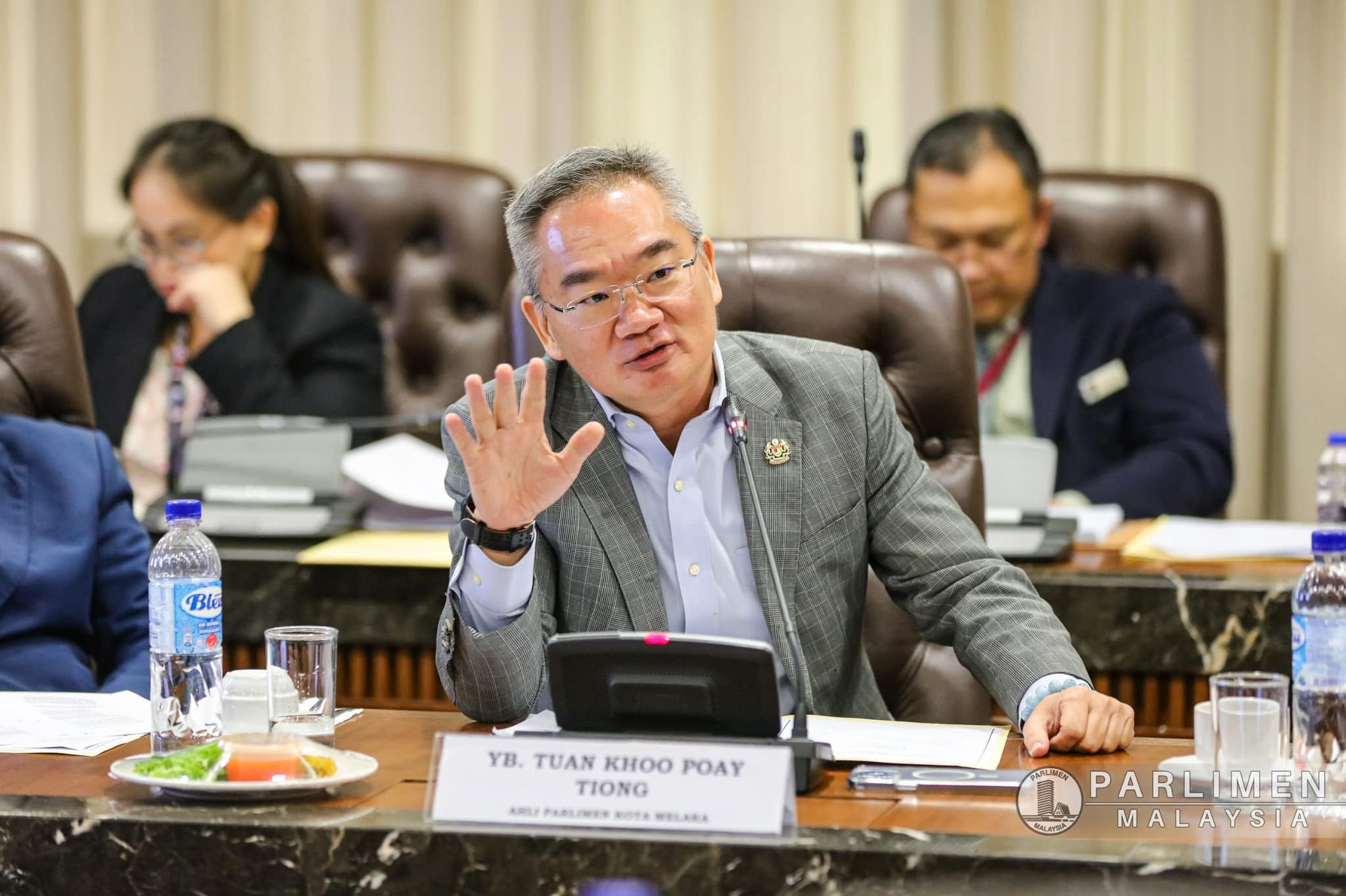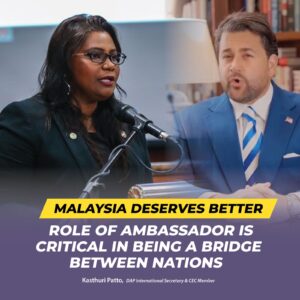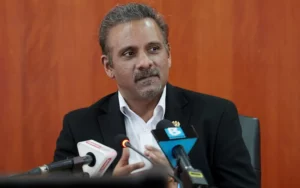
I extend my full support and commend the Malaysian Communications and Multimedia Commission (MCMC) for the successful implementation of the Social Media Licensing Framework, which came into effect on January 1, 2025. This landmark initiative marks a
crucial step toward promoting accountability, responsibility, and transparency within the digital space.
The framework addresses pressing challenges, including online safety, content regulation, and the ethical use of social media platforms, while safeguarding users’ freedom of expression. By establishing a structured licensing mechanism, Malaysia reaffirms its commitment to creating a safe, inclusive, and well-regulated digital ecosystem.
It is encouraging to see that four major social media and messaging platforms (WeChat, TikTok, Meta, Telegram) have already committed to complying with the licensing requirements. Their early compliance reflects the Ministry of Communications and Digital’s and the MCMC’s diligent efforts in fostering collaboration with industry stakeholders.
This proactive approach ensures the prioritisation of user safety, ethical content dissemination, and platform accountability. However, the path forward is not without its challenges. The decision regarding X (formerly Twitter), which did not meet the criteria for licensing, underscores the importance of continuous vigilance. I urge the MCMC to closely monitor the platform’s adherence to standards and address potential misuse or harm to users.
Similarly, I encourage Google, as the parent company of YouTube, to engage constructively with the MCMC to resolve any outstanding concerns. All stakeholders, including global industry leaders, must actively participate in realizing the framework’s objectives.
Collaboration between regulators, platforms, and communities is essential for fostering a secure and responsible digital environment.This milestone is more than a regulatory achievement; it is a testament to Malaysia’s resolve to address real and urgent challenges in the digital age. In 2023 alone, over 34,000 online
scam cases in Malaysia resulted in financial losses exceeding RM1.2 billion—shattering lives, eroding trust, and affecting mental well-being.
A recent incident as reported yesterday, where a 60-year-old woman was scammed through a fraudulent Facebook page selling Nyonya cakes. After following a link and downloading an application, her phone was compromised, leading to unauthorized messages being sent from her account to her friends, with some of them falling victim to it. They had transferred money based on the message request. This is a
clear cut scam case.
Such things now can be prevented with service providers agreeing to comply to the licensing, where MCMC can request to remove such click-bait scam advertisements or pages. Meanwhile, besides elderly citizens, the framework also aims to offer safer online environment for children, who often end up being victims to cyber bullying and also sexual harassments.
The Disrupting Harm in Malaysia report from 2022 also revealed that 24% of Malaysian children unintentionally encountered sexual content online, underscoring the need for robust protective measures. Hence, this licensing framework represents a decisive move to combat crimes such as scams, fraud, cyberbullying, and illegal online gambling. It balances the protection of free expression with the necessity of oversight, setting an example for other nations navigating
similar challenges.
I am confident that this initiative will lay a strong foundation for further improvements in Malaysia’s digital landscape. As we advance, I encourage all parties to collaborate in building ethical, inclusive, and secure online communities that empower and protect every citizen.
Khoo Poay Tiong
MP Kota Melaka



